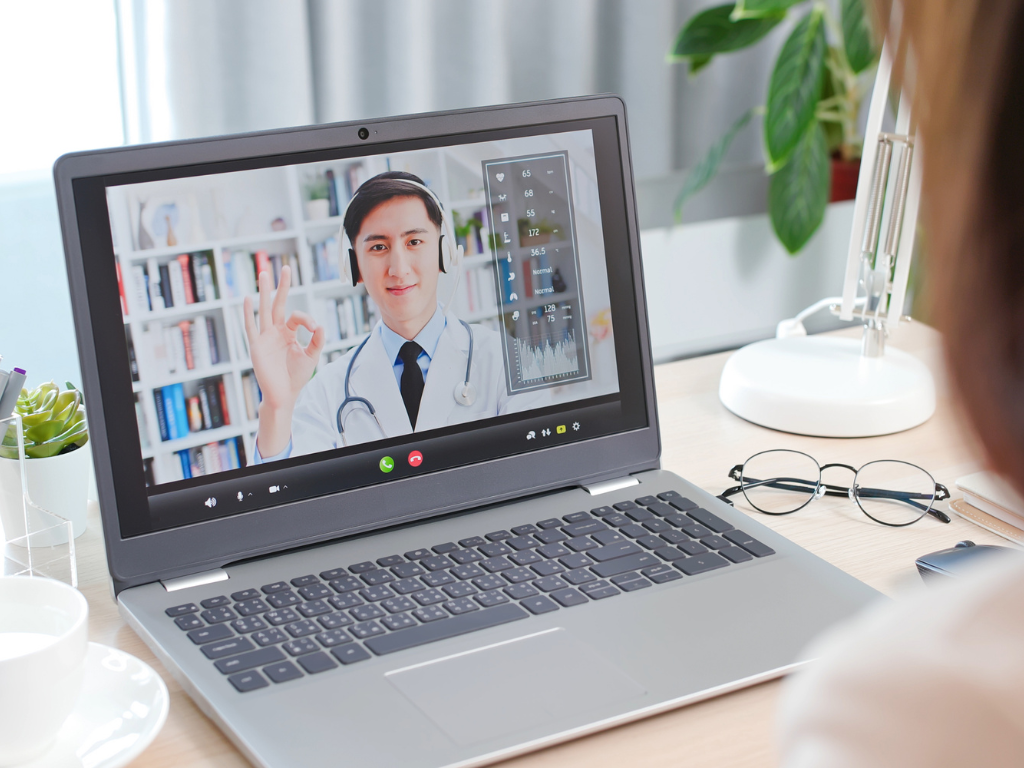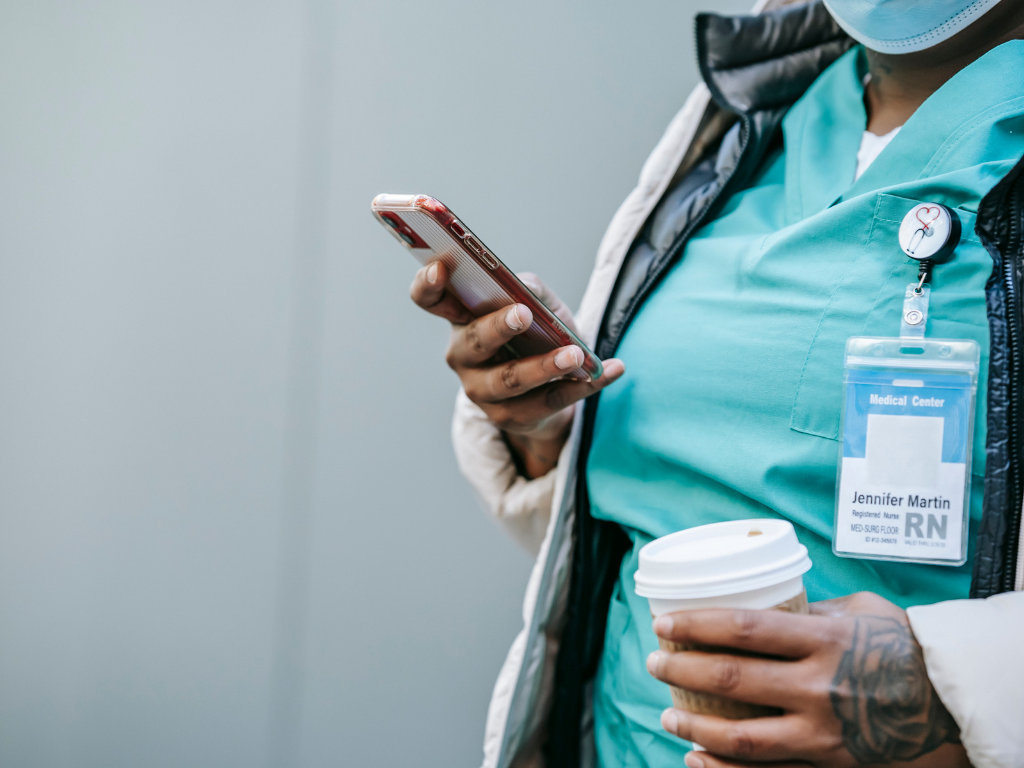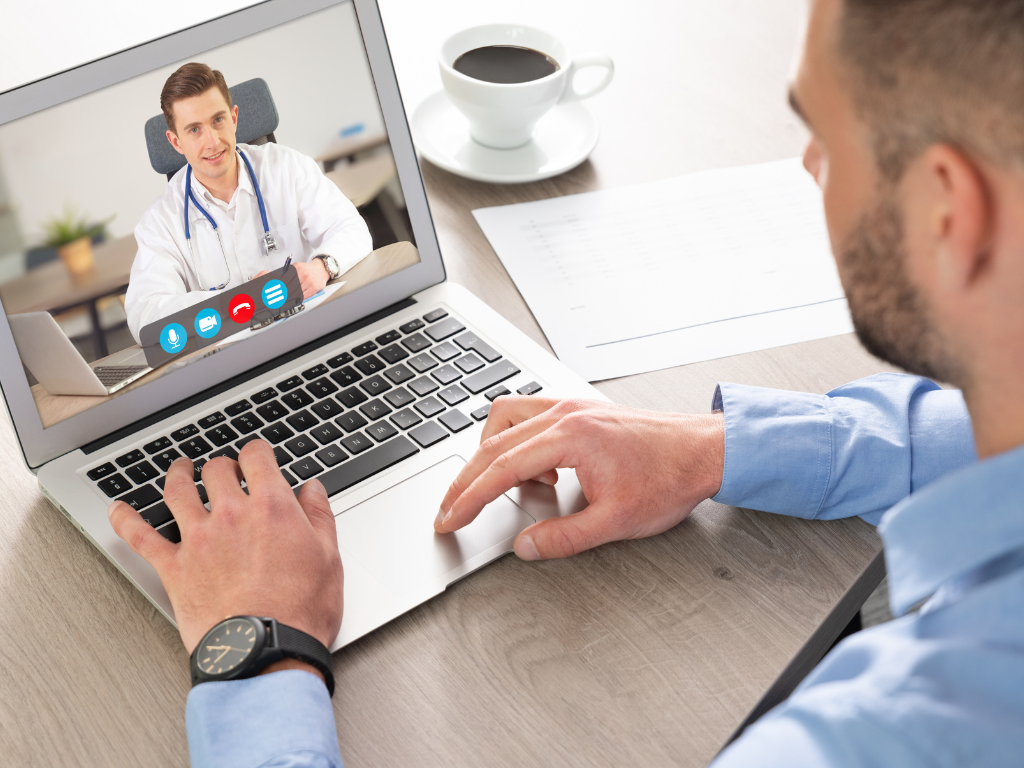In the modern healthcare environment, HIPAA-compliant video recording solutions play a pivotal role. These platforms prioritize data security and provide robust encryption for stored and transmitted data. These ensure sensitive patient information remains confidential.
This article looks at the top five HIPAA-compliant video recording solutions designed to protect sensitive patient data in the healthcare industry. By facilitating secure video recording and sharing, these solutions foster efficient collaboration among healthcare professionals while assuring patients that their data is handled with utmost care.
Leading Solutions for HIPAA-Compliant Video Recording
GoToMeeting for Healthcare
GoToMeeting for Healthcare emerges as a prime choice for healthcare organizations due to its robust features, emphasis on security, and user-friendly interface. This platform is designed specifically to cater to the unique needs of healthcare professionals, making it an ideal solution for telehealth services.
Key Features:
- Signed Business Associate Agreement (BAA)
- Robust data protection measures in place, including encryption
- Complies with privacy standards for healthcare
Doxy.me

Doxy.me is a standout platform due to its user-friendly interface, simplicity, and robust features tailored specifically for healthcare professionals. It has carved out a niche in the telehealth services market with its commitment to privacy and security, meeting stringent HIPAA requirements.
Key Features:
- Browser-based platform using HIPAA-compliant servers
- No storage of patient data
- Signed Business Associate Agreement (BAA)
SimplePractice
SimplePractice is a comprehensive, HIPAA-compliant telehealth software designed to cater to various healthcare practices. It offers a secure platform for professionals to manage their practice and provide services to their clients, all while ensuring the privacy and security of sensitive health information.
Key Features:
- Secure handling and storage of PHI
- Security audits and monitoring
- Telehealth capabilities that adhere to HIPAA regulations
Zoom for Healthcare
Zoom for Healthcare has emerged as a leading choice for healthcare organizations worldwide due to its robust features and strong commitment to privacy and security. It is specifically designed to cater to the unique needs of the healthcare sector. It ensures seamless and secure communication between healthcare providers and patients.
Key Features:
- Third-party verification
- Signed Business Associate Agreement (BAA)
- Integration with Electronic Health Record (EHR) systems
RingCentral for Healthcare

RingCentral for Healthcare is a comprehensive and HIPAA-compliant video conferencing solution. It is designed specifically for healthcare professionals, offering a secure and private channel for communication while adhering to the stringent requirements of HIPAA.
Key Features:
- Integration with EHR systems
- Telehealth capabilities
- Signed Business Associate Agreement (BAA)
Key Features to Look for in HIPAA-Compliant Video Recording
When looking for HIPAA-compliant video recording solutions, there are several key features to consider:
Security features
A secure platform should offer end-to-end encryption, one-time passwords, meeting locks, and disabled recordings to enhance privacy. Comprehensive audit trails are also crucial for compliance, recording every access to PHI. Also, privacy controls, such as disabling recordings for specific sessions, further contribute to maintaining a secure and compliant telemedicine environment.
Consent management
Beyond diagnosis, treatment, or identification, any use of video recordings that contain patient information necessitates explicit consent from the patient. This process involves informing patients about how their information will be used and stored. They should also ensure that patients understand their privacy and data security rights. It’s also essential to give patients an easy way to withdraw their consent anytime.
Secure storage
Video sessions, transcriptions, and notes must be kept in a secure environment. This includes both local and cloud storage options, with the latter often providing an added layer of convenience and accessibility. The platform should also allow for easy management of these recordings, including features like searchability and scalability.
Best Practices for HIPAA-Compliant Video Recording
Following best practices can help ensure your video recording and conferencing activities adhere to HIPAA regulations:
Use HIPAA-compliant platforms
Always use platforms expressly designed to be HIPAA-compliant. These platforms should provide end-to-end encryption and secure storage for recorded sessions.
Obtain consent
Always obtain informed consent from patients before recording sessions. This consent should be documented and stored securely.
Limit access
Only authorized personnel should have access to the recordings. Implement stringent access controls and regularly review access logs.
Conduct training
Ensure that all staff using the video conferencing platform are trained in HIPAA compliance and understand the importance of protecting patient information.
Secure disposal
Once a recording is no longer needed, it should be securely disposed of to ensure it cannot be recovered.
Do regular audits
Conduct regular audits to ensure compliance with HIPAA rules and identify potential areas of concern.
Secure a Business Associate Agreement (BAA)
If you use a third-party service provider for video recording or conferencing, ensure they sign a BAA. This legally binds them to protect your patient’s PHI.
Remember, following these best practices can help you stay in line with HIPAA regulations, but staying updated is crucial as these regulations can change over time.

The Importance of Secure Video Recording in Healthcare
Secure video recording in healthcare has become a critical component for several reasons. One of the primary reasons is compliance with HIPAA.
In healthcare settings, video footage is considered protected health information (PHI), necessitating the same level of protection as other PHI types. As such, healthcare personnel must understand that any captured video footage needs to be protected under HIPAA.
Another reason is patient privacy. If not handled correctly and securely, video recordings can potentially violate patient privacy. It’s crucial that video cameras be activated only by authenticated patients and that only authorized individuals have access to the video data. Additionally, in teletherapy, secure video communication is vital to maintaining client confidentiality.
Overall, secure video recording plays a crucial role in enhancing healthcare security, patient privacy, and care quality.




